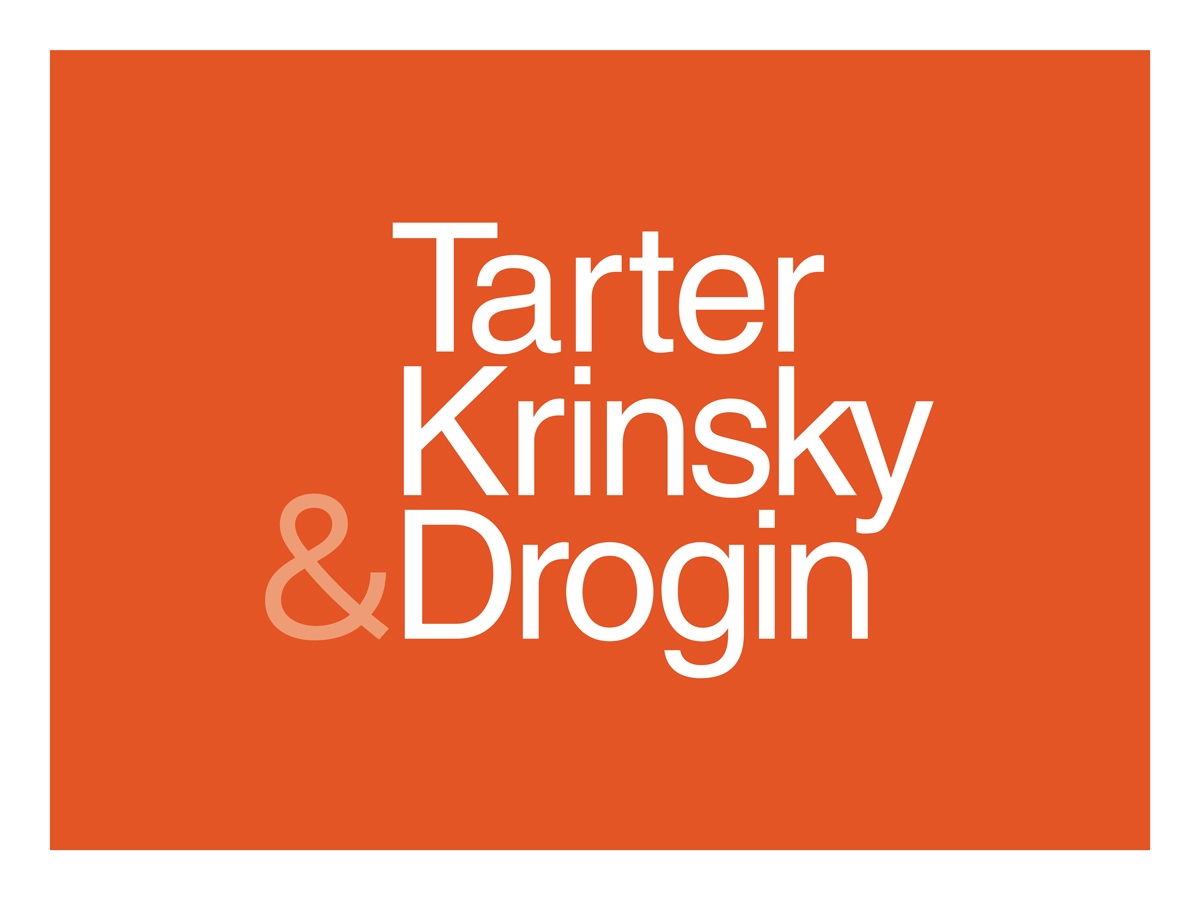As employers in New York State know, it is mandatory to provide pay rate notice to new employees. Last month, the New York State Department of Labor (DOL) released an updated sample. Below is an overview of the requirements and an overview of the updated DOL sample.
Background: WTPA Pay Rate Notice Requirements
On April 9, 2011, the New York State Wage Theft Prevention Act (WTPA) went into effect. WTPA requirements include the employer’s obligation to provide each newly hired employee with written notice of the employee’s rate(s) of pay. The notice must also include, among other things, the rate(s) of overtime pay for non-exempt employees, allowances taken (if any), method of compensation for the employee (for example, at hourly, by shift, by day, by week, on commission, etc.), the regular pay day, as well as the official name, address and telephone number and “doing business under the name” of the employer. The notice must be provided to the employee in English and in their primary language (if the DOL offers a translation into that language).
Updated example pay rate notice for hourly rate employees
In September 2022, the DOL issued an “updated” notice and acknowledgment of pay rate and pay day under New York State Labor Law Section 195.1 ( notice of rate of pay): notice for hourly rate employees (form LS 54), which is generally referred to as LS54.
The only apparent update to the English version is an updated DOL logo and a new release date of September 2022.
New versions of the LS54 are also available in Burmese, Chinese, Haitian Creole, Italian, Korean, Polish, Russian, Spanish, Vietnamese, and Yiddish.
Penalties for non-compliance
Failure to provide proper rate of pay notices may result in penalties of up to $5,000 per employee.
Employers are reminded of these pay rate notice obligations that remain the focus of DOL audits and investigations and New York State and Federal government wage and hour litigation.
Employers are encouraged to carry out self-audits, with the guidance of your adviser or attorney, to confirm compliance.
[View source.]

